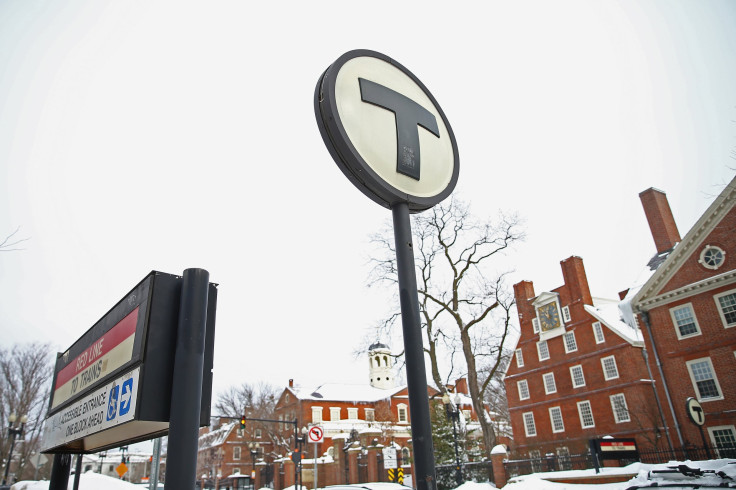China Railroad Company Building Boston Subway Train Cars Is Looking To Expand In The US

China's largest railroad train manufacturing company broke ground Thursday on a factory in Springfield, Massachusetts, where it plans to build cars for two of the major subway lines in Boston and the surrounding area. China Railway Rolling Stock Corp. began construction of the factory following a multimillion-dollar contract in 2014 from the Massachusetts Bay Transportation Authority. The contract was won despite criticism from human rights activists and rival domestic companies.
The new Springfield factory has been slated to produce 284 subway train cars for the transit system's Red and Orange lines. The state contract is worth $566 million, while construction of the factory itself was estimated to cost $65 million, according to local officials.
Red Line cars in Boston's subway system, locally known simply as the T, running through neighboring city Cambridge and into Boston reportedly were the oldest local train cars in the U.S., dating from 1969. Orange Line trains were only 10 years younger. Upkeep and repairs on these out-of-date cars have cost the state millions of dollars, and transit officials made the decision to replace them altogether.
Today, CRRC's breaking ground on a Springfield plant that will manufacture 284 #MBTA railcars: http://t.co/Jl7Z92Td8T pic.twitter.com/6VBFa9zRHV
— Only In Boston (@OnlyInBOS) September 3, 2015The contract marked the first major transit deal between China and the United States, and the state-owned company has said it wants to expand to other U.S. cities. "With our expertise in this field, we would like to partner with whichever states see the need and continue to be a good partner and help create local jobs,” said Yu Weiping, the Chinese railroad company's vice president.
Several other railroad companies were in competition for the contract, including the Canada's Bombardier and South Korea's Hyundai Rotem. Activists had argued against choosing the state-owned Chinese railroad company because of China's reported human rights violations, including restrictions on freedom of speech and its one-party rule.
Massachusetts residents criticized the decision to outsource public transportation, fearing that jobs would be lost to members of the Chinese company. Authorities close to the deal said the Springfield factory was set to employ 150 people and that all of them would be locals.
"This is a win for our riders," said Janice Loux, a board member for the Massachusetts Department of Transportation, which made the deal. She added, "It's a win for our financial bottom line. And it's a win for the authority."
© Copyright IBTimes 2024. All rights reserved.












